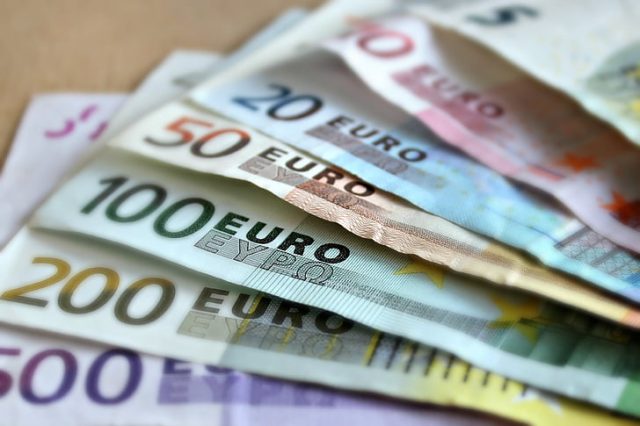
Money paid out from EU Recovery Fund is not reviewed enough. There are clear shortcomings in terms of follow-up and control around the EU’s support regarding billions of euro.
In an examination by the European Court of Auditors, they point to the problems that exist in terms of follow-up and control of how EU recovery funds are actually used. The conclusion is that the protection of the EU’s financial interests is insufficient.
Lagre amounts of money
The EU’s Recovery Fund was established in great haste 2020. The enormous sum of 724 billion euros were set aside so that EU member states could strengthen their economies. Formally, the corona pandemic was given as the reason. It was a crisis that the EU bureaucracy could not fail to exploit to strengthen federalism in the Union.
The Recovery Fund has unquestionably created political opportunities for Brussels and the European Commission to act forcefully and also to link support to various investments and reforms in Member States deemed necessary.
“But the construction entails challenges and risks at the same time, both in terms of the possibility of follow-up and in terms of indebtedness and increased exposure of the EU budget”, writes Eva Lindström, a member of the European Court of Auditors and former auditor general of Sweden.
New report: very limited information
The different national recovery plans differ greatly in the various member states. In many cases the money goes directly into the national state budgets, which makes it difficult to see in retrospect how much and for what these EU funds were used. It makes follow-up and evaluation difficult to conduct. The amounts are paid out as lump sums.
The European Court of Auditors have recently published a special report (SR 07/2023) about how the European Commission controls the amounts paid out to the member states. The report states that the various steps in these controls were not sufficiently specified, nor were they always documented. The checks carried out by the Commission further provide very limited information on whether the investments are compatible with, for example, state aid rules or rules on public procurement.
“How much funds should the Commission withhold if a reform in a member state in, for example, the labor market area or the tax area is not carried out?” asks Eva Lindström.
She also points out a lack of guidance on how much a Member State must repay if an ex-post analysis shows that previously “approved” targets have not been achieved.
Risk of corruption
The report note that the Commission has planned to audit each Member State and that they will focus on fraud, corruption, conflicts of interest and double funding. But they will not look at whether investment projects financed by the recovery fund are compatible with EU and national rules in general.
According to the Commission, a total of 144 billion euros has been paid out so far, of which two-thirds are in the form of grants, the rest in the form of loans. Some countries have received significant amounts, while others have not requested any payment.
“In our report, we submit a number of recommendations to the EU Commission with the aim of improving control”, states Eva Lindström. They highlights the need to strengthening ex-ante checks and addressing the lack of control over whether investments comply with the regulations. They also stress the need to create clear guidelines for when and how money should be withheld or repaid if the Member State does not implement its plans.
Shouldn’t the EU let the countries keep their own money?
In times of crises the EU sees needs for quick actions. It often results in interventions in the member states with new planned economic solutions. It contributes to the introduction of new forms of financing such as the Recovery Fund.
Before future crises, the EU needs to take the opportunity to ensure that all efforts, both those financed via the traditional budget and those that go to the side, are subject to follow-up and proper control. “Ultimately, it is about EU citizens’ trust in the management of common funds”, concludes Eva Lindström.
The audit group does not have a mandate to ask the critical question of whether the EU should really get more involved in the member states’ economies. The difficulties with control and the risk of corruption are obvious when such huge sums of money are floating around in the EU system. Wouldn’t it be better if more tax money stayed in the member states from the outset?



 Subscribe
Subscribe